Dubai’s AI Accelerator Calls on Tech Innovators to Engineer the Future of Government Services
Dubai Centre for Artificial Intelligence (DCAI) is now accepting applications for the second cycle of its “Future of AI in Government Services…
We reimagine, inspire and design Dubai’s future in collaboration with our public and private sector partners. Our aim is to make Dubai one of the world’s foremost future cities.
Scroll to content

Dubai Centre for Artificial Intelligence (DCAI) is now accepting applications for the second cycle of its “Future of AI in Government Services…
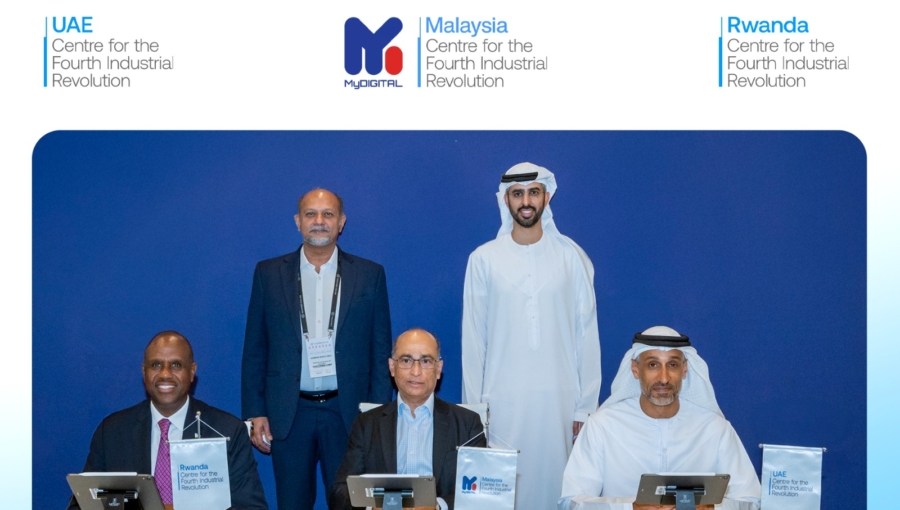
Agreement to expand the scope of C4IR AI Fellowship Program to help bridge the gap between AI leaders around the world The UAE, Malaysia, and…

As part of Dubai AI Week 2025, the Dubai Future Foundation partnered with Winmark to host a closed-door session exploring how C-Suite leaders…
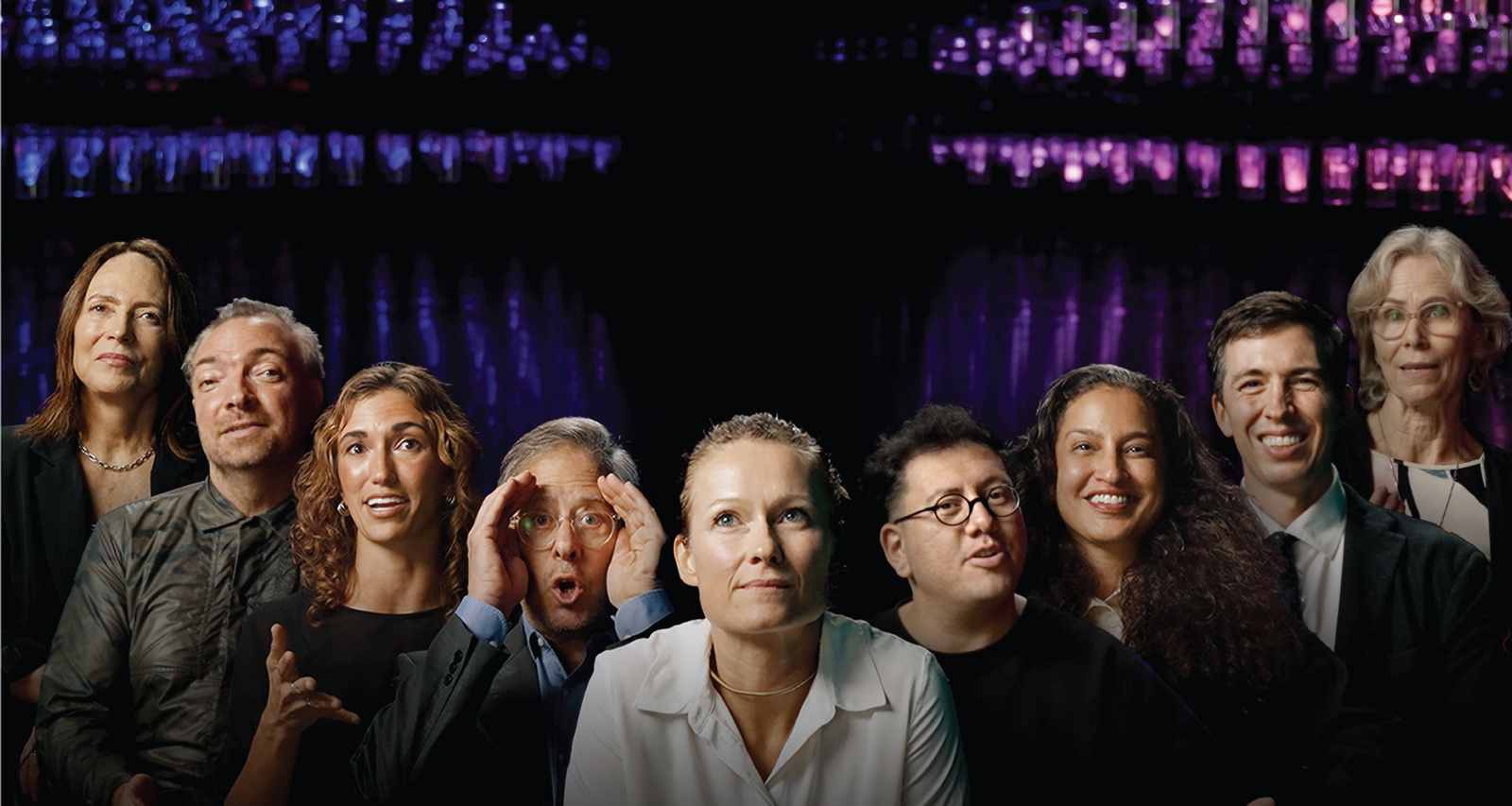
A Docuseries by Dubai Future Foundation
Watch Season 3’s New Episodes
Watch the series now


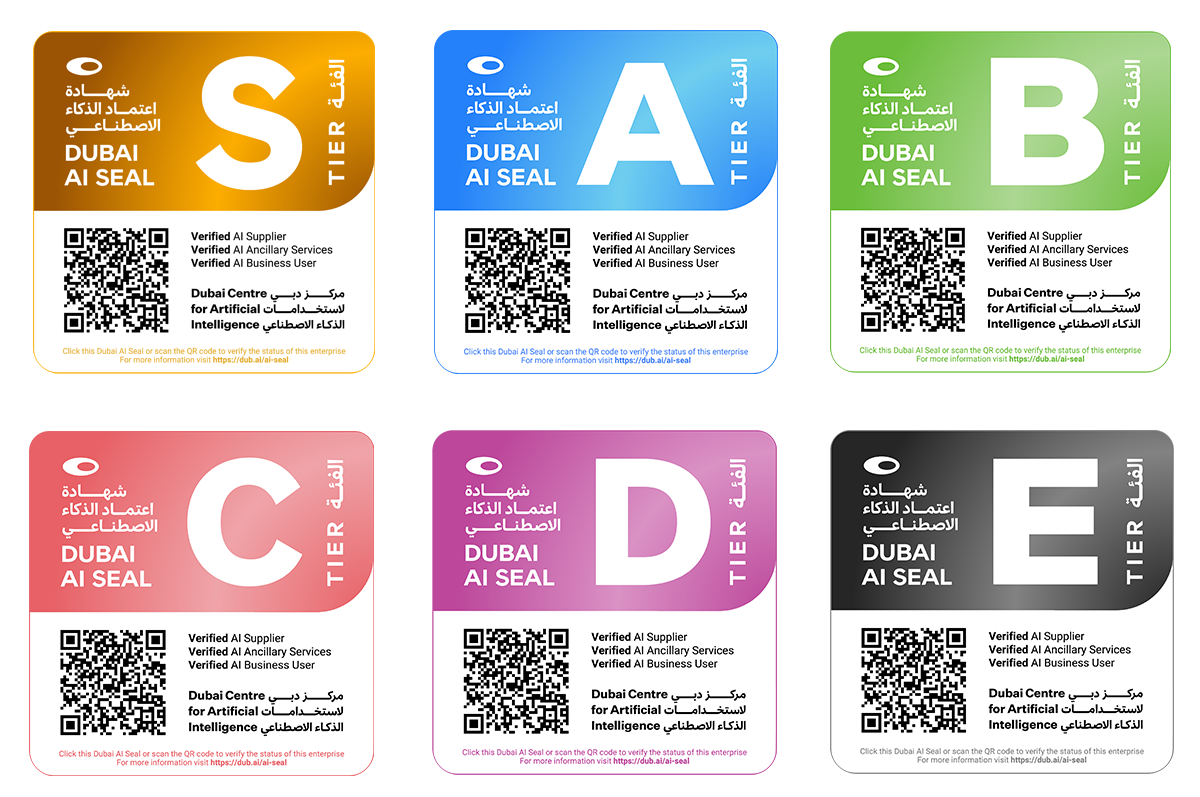

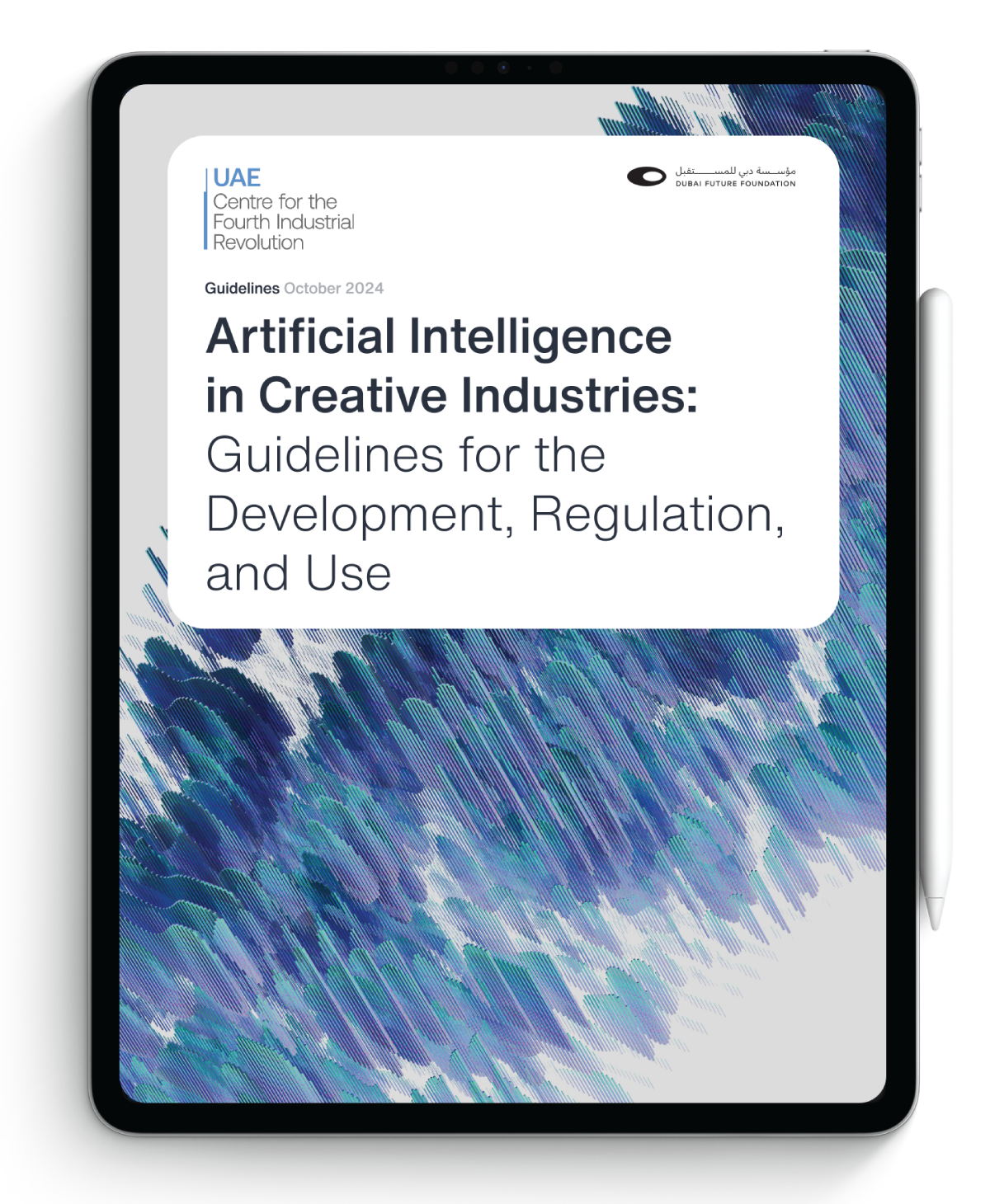
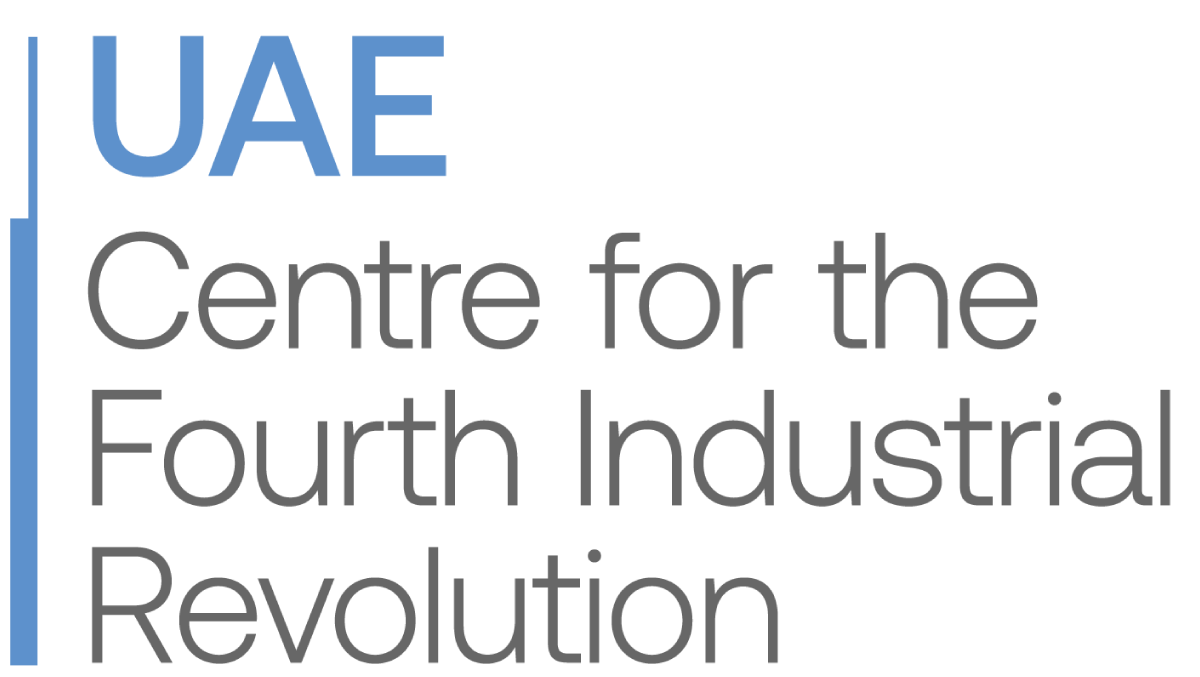
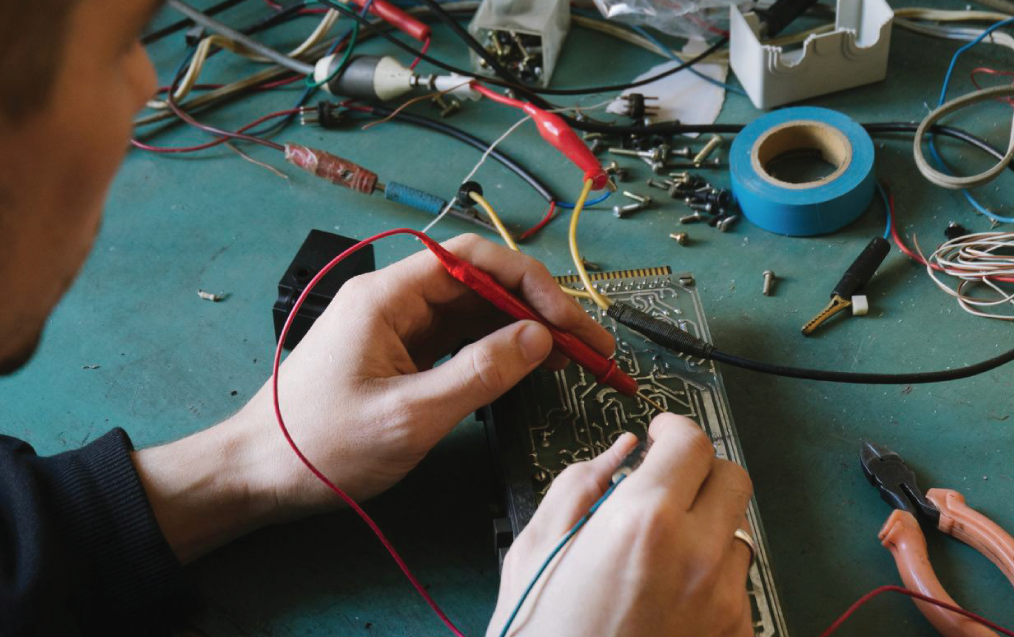
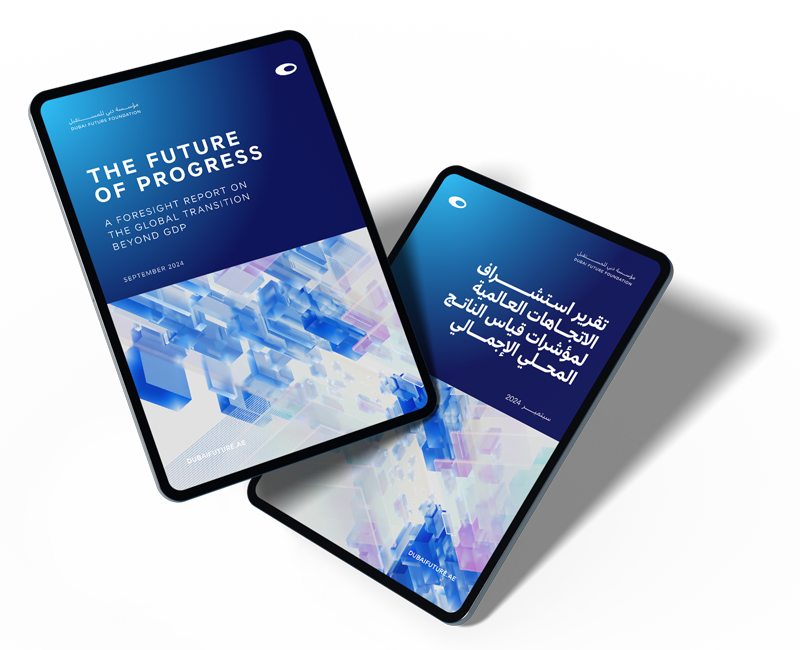




The Dubai Future Foundation continues to work to achieve its vision and goals with a focus on five Strategic Business Units.
LEARN MORE
Our programmes connect corporate and government entities with leading startups, ideators, researchers, entrepreneurs and students of all ages – to solve challenges, create solutions, and co-create a better tomorrow.

At the Dubai Future Foundation, all our people bring with them their own unique stories – of success, perseverance and creativity. Our people are drawn from multiple disciplines, and from all over the world. With them, they bring the individuality of their stories and the distinctiveness of their perspectives — which all come together to create an impact.
WORK WITH US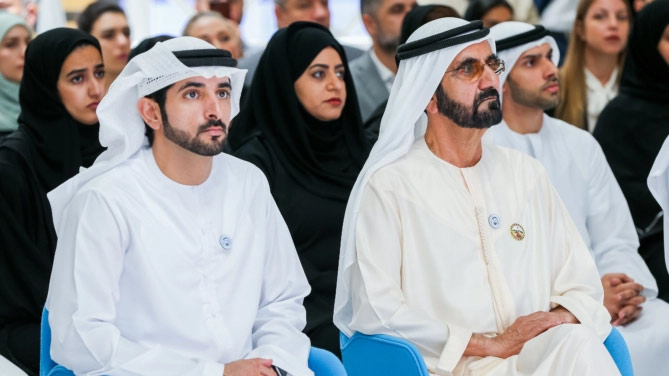
The Foundation thrives under the guidance of leadership that champions its cause of future-readiness, supports employees in going the extra mile, and creates an ecosystem that encourages taking risks and bringing innovative ideas to life.
ABOUT USNotifications